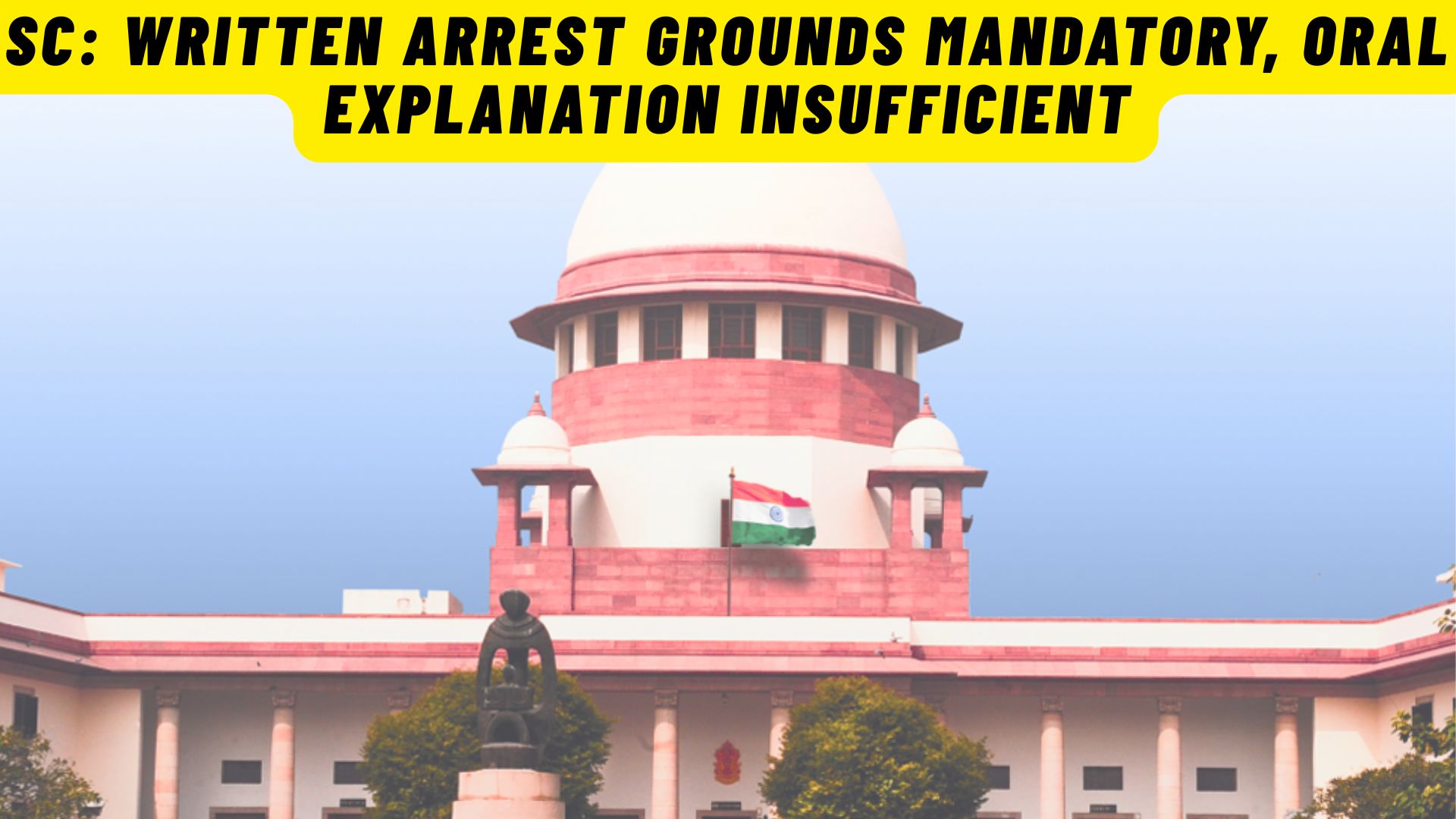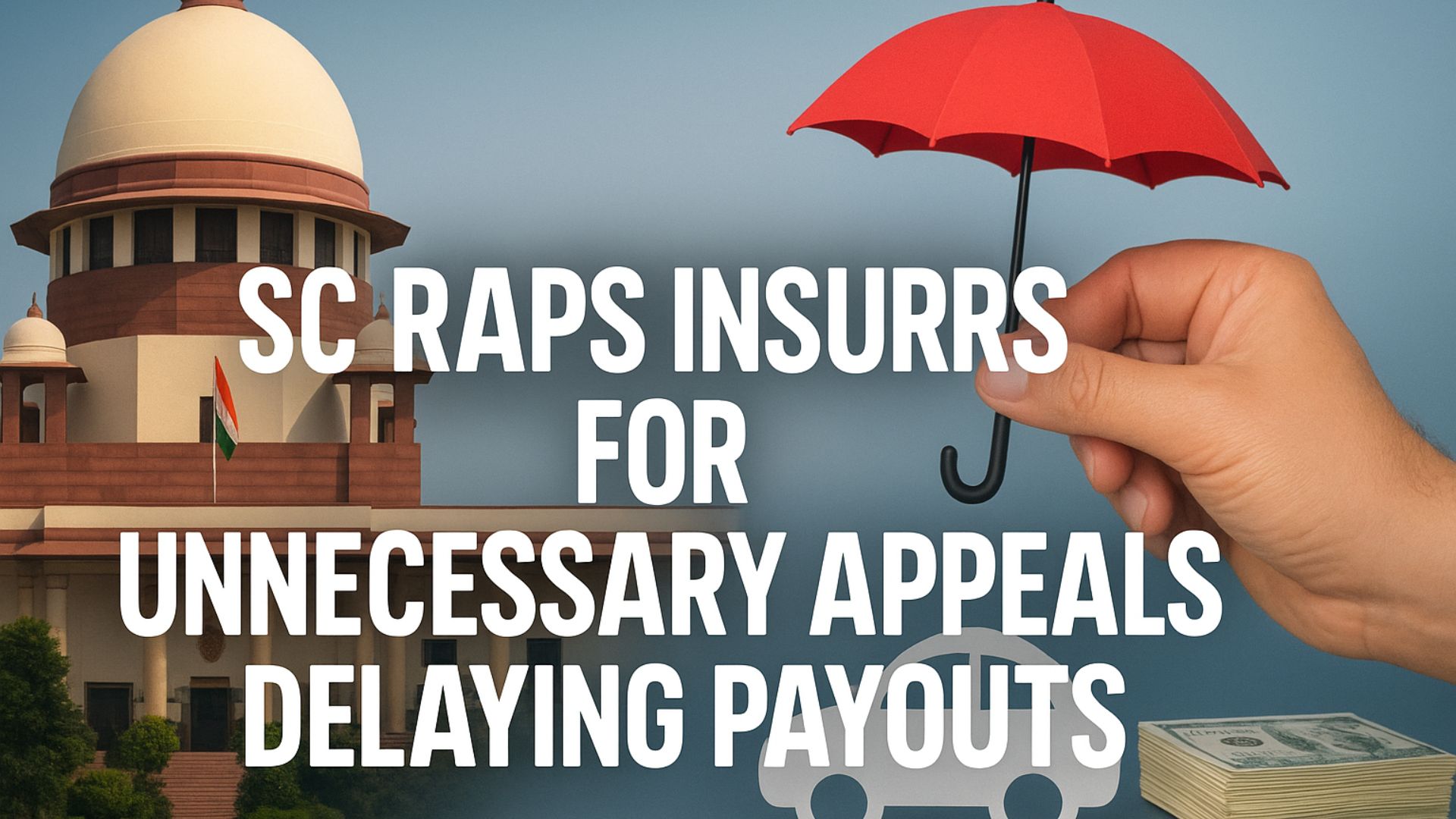Sudesh Bansal, J
1. Appellant-defendant Rajasthan State Road Transport Corporation (hereinafter referred as ""RSRTC"") has preferred this second appeal under
Section 100 CPC, assailing judgment and decree dated 29.1.1999 in Appeal No.291/1986 passed by Additional District Judge, No.2, Ajmer affirming
the judgment and decree dated 13.12.1985 passed by Additional Munsif Magistrate Ajmer City (East) in Civil Suit No.178/1982 whereby while
termination order of respondent plaintiff (hereinafter ""plaintiff"") was declared as null and void.
2. The facts of case are that plaintiff was appointed on the post of Conductor on permanent basis but on 17-6-1982 while he was on duty at Bus
No.1065, the vehicle was inspected by the vigilance squad of RSRTC and he was booked for offences of carrying three passengers without issuing
tickets, although fair had already been received and pocketed by him. On the criminal charges, he was tried before the Judicial Magistrate (Traffic)
Ajmer who punished the plaintiff for ten days simple imprisonment. On the basis of his conviction, he was terminated on 17-6-1982 itself. Copy of
order was not provided and services of plaintiff were terminated by defendant RSRTC without providing opportunity of hearing and in violation of
Order 35 of the Standing Orders of RSRTC. Plaintiff filed a civil suit for declaration, on 18-6-1982 under apprehension that he may be removed and
prayed for temporary injunction, if he has been terminated, thus challenging termination order dated 17-6-1982 alleging inter alia that his termination is
stigmatic and he has been terminated from service without conducting any enquiry as also without giving any opportunity of hearing. Plaintiff prayed
for declaring his termination order as illegal and void and claimed for permanent injunction.
3. The RSRTC filed written statement contending that plaintiff was not on duty while he filed suit nor he was permanent employee. On inspection by
the vigilance team, he was found guilty as three passengers were found without tickets and he was punished for imprisonment of ten days simple
imprisonment. Other objections as to the jurisdiction of Civil Court were also raised.
4. The trial Court settled issues and recorded evidence of both parties. Plaintiff appeared as witness and produced documents to prove that his
termination was stigmatic and was passed without conducting enquiry and without giving any opportunity of hearing, therefore, termination is ex facie
illegal and in violation to principles of natural justice. No evidence was adduced in rebuttal by RSRTC.
5. The trial Court after appreciation of evidence on record concluded that the termination of plaintiff from service is not simpliciter, but because of
punishment. The trial Court observed that since termination of plaintiff is stigmatic and no enquiry was conducted, no opportunity of hearing was given,
no principle of natural justice was followed, thus, impugned termination order is illegal and void. Accordingly, the trial Court allowed plaintiff's suit
declaring the termination order as illegal and void.
6. Defendants preferred first appeal against judgment and decree of trial Court, which was dismissed by Appellate Court vide judgment dated
29.1.1999 and judgment of trial court was affirmed, hence, the RSRTC is in second appeal.
7. Learned counsel for appellant-defendant has argued that plaintiff was not a permanent employee, but was a daily rated employee, therefore, no
enquiry was necessary and no termination order was challenged in the suit, however, courts below have declared the termination order as void. He
has argued that civil court was not having jurisdiction to try and decided the suit.
Counsel for defendant RSRTC has also submitted that after dismissing appeal by first appellate court the respondent plaintiff was reinstated in service
on 2-9-1999, subject to decision of appeal. Thereafter, the plaintiff has also retired from service on attaining the age of superannuation.
8. This court on 20-7-2006 framed the substantial question of law “Whether, in the facts and circumstances of the present case, the Civil Court had
jurisdiction to entertain and try the present suit or not?â€.
9. Heard learned counsel for parties and perused impugned judgment passed by the trial court as affirmed by the first appellate court, as also record of
the case.
10. As far as nature of termination as simpliciter or stigmatic is concerned, both Courts have concurrently held on the strength of oral or documentary
evidence that the termination was stigmatic. The fact finding of two courts below are based on appreciation of evidence and no perversity has been
pointed out in such fact findings, so as to give rise any question of law much less substantial question of law.
11. As far as the substantial question of law that civil court has jurisdiction to entertain the suit is concerned, such issue has been considered and
decided by the Apex Court in Rajasthan State Road Transport Corporation Vs. Bal Mukund Bairwa [(2009)4 SCC 299] and it has been held that
where no enquiry has been conducted, there would be violation statutory Regulations as also right of equality as contained in Article 14 of the
Constitution of India. In such a situation a civil suit will be maintainable for the purpose of declaration that termination of service was illegal and
consequences flowing therefrom. Therefore, the question of law relating to jurisdiction of civil court to entertain and true the civil suit is answered in
negative.
12. There is no other substantial question of law as raised by appellant defendant. The Hon’ble Apex Court has held in case of Kondiba Dagadu
Kadam Vs. Savitribai Sopan Gujar [(1999)3 SCC 722] that question of law which has already been decided by a larger Bench of the High Court
concerned, or by the Privy Council, or by the Federal Court or by the Supreme Court, mere wrong application on facts of a particular case does not
create another substantial question of law. In such view of the matter there is no substantial question of law in instant matter.
13. In case of Umerkhan Vs. Bismillabi [(2011)9 SCC 684] Hon’ble Supreme Court has propounded that if a second appeal is admitted on
substantial question of law, while hearing second appeal finally, can re-frame substantial question of law or can frame substantial question of law
afresh or even can hold that no substantial question of law involved, but the High Court cannot exercise its jurisdiction of Section 100 CPC without
formulating substantial question of law.
14. In the present case substantial question of law as framed has been considered and this court is of the opinion that same ad already been answered
in Bal Mukund Bairwa (supra) and all other points are essentially either question of facts or have already been settled by way of judicial precedents.
Thus, in this second appeal, no substantial question of law involved, and the second appeal is bereft of merits. Consequently, the same is hereby
dismissed.
15. Any other pending application(s), if any, also stand(s) disposed of.
16. Record of courts below be sent back forthwith.

